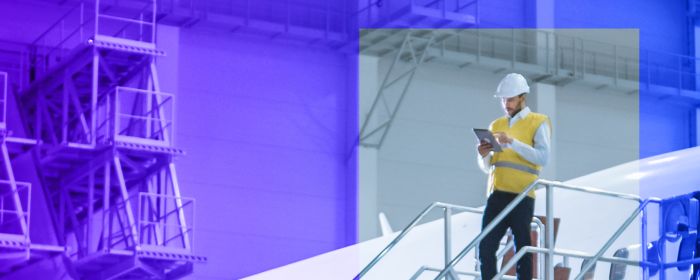Around 15 percent of total greenhouse gas (GHG) emissions are attributable to the global transport sector, and over 91 percent of energy requirements in the transport sector are still covered by petrol and diesel fuels. These figures illustrate the urgent need for a transformation towards alternative fuels, so-called reFuels.
Despite the progress made in the electrification of passenger cars, the transport sector will continue to rely on conventional fuels even after 2035. There are currently various hurdles to overcome when switching to alternative fuels: different technological requirements for the fuel, the current availability of large quantities of synthetic fuels required, insufficient investment security for plant operators, currently higher costs compared to conventional fuels and regulatory uncertainties. However, there are alternative fuel options such as liquefied natural gas (LNG), advanced biofuels and synthetic fuels that can be considered as a transitional and substitution solution to fossil fuels. Companies that invest in these types of fuels early and/or use them in their mobility fleet can secure first-mover advantages, benefit from government subsidies and improve their sustainability profile.
The detailed KPMG report "Evolution of transport fuels: The role of alternative fuels on the path to sustainability" provides valuable insights and strategic recommendations for dealing with this complex and forward-looking topic. The report highlights the viability and potential of various alternative fuels (such as natural gas, advanced biofuels, methanol, dimethyl ether (DME) and synthetic fuels) for sectors that are technically and physically difficult to electrify, such as aviation, maritime shipping and road transportation (including long-distance trucking and local public bus transport).
Alternative fuels will play an important role in the future of freight transport, private and public transportation and the operation of construction machinery. Nevertheless, their use is associated with a number of challenges that are not easy to solve and, above all, cannot be solved without a prompt and binding framework, such as clear regulation. Understanding the usability, availability and impact of the various alternative fuels should help companies make the right decisions on the path to decarbonization. These sustainable fuels can help reduce CO2 emissions both in the existing fleet and in new acquisitions. They therefore make an important contribution to the sustainability of mobility and enable companies to achieve their sustainability goals. In addition to contributing to CO2 reduction, the use of alternative fuels creates the necessary time to build up infrastructure for electromobility. This creates a technology-neutral ecosystem of sustainable energy sources in the form of renewable energy and fuels for companies to reduce their emissions.
Dr. Steffen Wagner
Partner, Deal Advisory, Head of Corporate Finance, Head of Transport & Infrastructure
KPMG AG Wirtschaftsprüfungsgesellschaft
Your contacts
Stay up to date with what matters to you
Gain access to personalized content based on your interests by signing up today
Christian Barbu
Manager, Performance & Strategy
KPMG AG Wirtschaftsprüfungsgesellschaft
Andree Hündling
Senior Manager, Performance & Strategy
KPMG AG Wirtschaftsprüfungsgesellschaft
Connect with us
- Find office locations kpmg.findOfficeLocations
- kpmg.emailUs
- Social media @ KPMG kpmg.socialMedia



